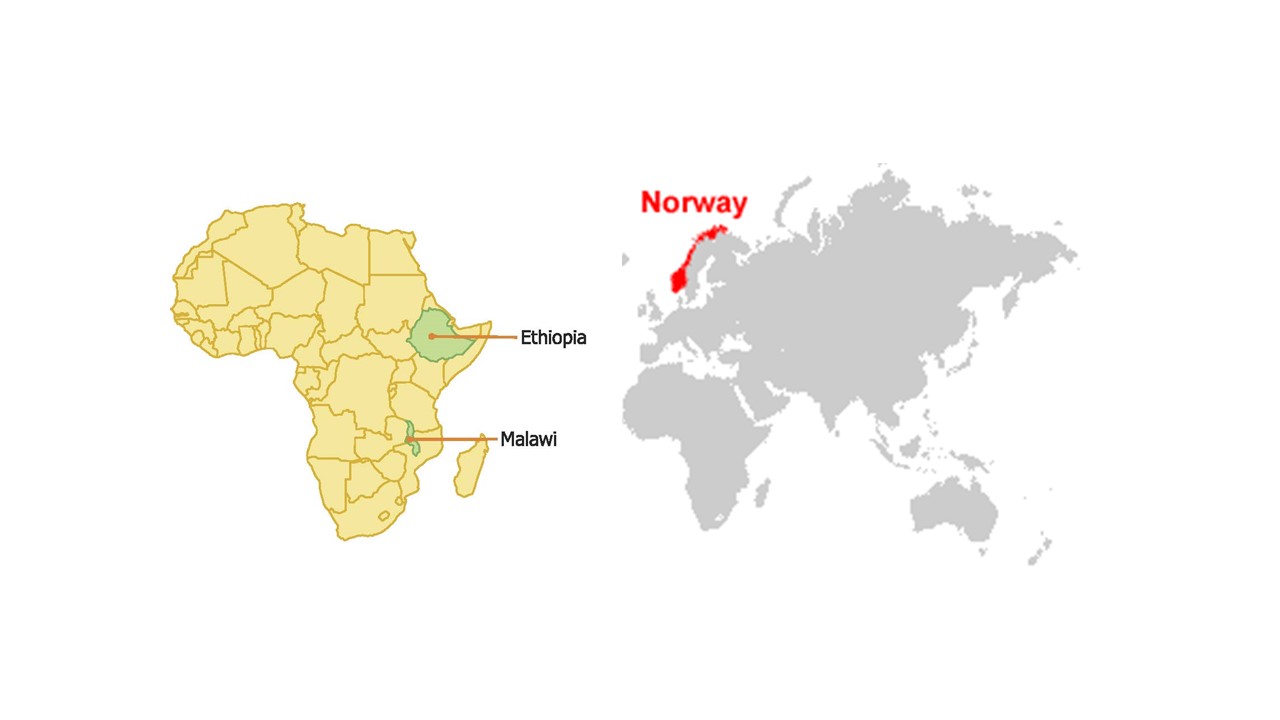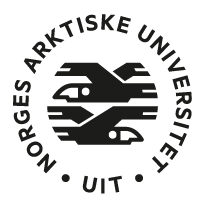 |
UiT The Arctic University of Norway is the coordinator of the project. It is the third-largest university in Norway and the northernmost university in the world. The Arctic is of increasing global importance, with climate change, the exploitation of Arctic resources, and environmental threats being issues of great public concern—and areas in which the university takes particular interest.
Research at UiT covers a wide range of fields, including human and animal health, climate change, marine biology, the functioning of marine food webs in ice-covered Arctic waters, atmospheric icing, permafrost, Arctic infrastructure, renewable energy, electrical engineering, civil engineering, and many more.
The university has campuses across the Arctic region, including a research station in Svalbard. Currently, UiT hosts around 15,500 students and 3,300 staff across its campuses. Its eight faculties offer a broad range of study programmes, all of which are research-based. The academic community is highly international, with more than 20% of the academic staff and 10% of the student body coming from abroad.
The Department of Building, Energy, and Material Technology at the Faculty of Engineering Science and Technology, Narvik Campus, is coordinating the activities of the NORHEAD II – One Health Project.
|
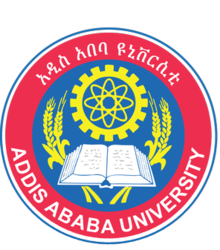 |
Addis Ababa University (AAU), established in 1950 as the University College of Addis Ababa (UCAA), is the oldest and largest higher learning and research institution in Ethiopia. Since its inception, the university has been the leading center for teaching, research, and community service. Starting with just 33 students in 1950, AAU has grown to an enrollment of 47,610 students—29,872 undergraduate, 15,398 Master’s, and 2,340 PhD students—and 8,709 staff members, including 3,110 academics, 4,346 administrative support staff, and 1,253 health professionals. Across its 14 campuses, the university offers 70 undergraduate and 293 graduate programs (72 PhD and 221 Master’s), along with a wide range of specializations in Health Sciences.
The Africa Center of Excellence for Water Management (ACEWM) at AAU is the coordinator of this project in Ethiopia. ACEWM is a regional hub for Eastern and Southern Africa, dedicated to postgraduate education, research, and public engagement in water management. Established in 2016 and hosted by AAU, ACEWM was founded to address the critical need for highly skilled human resources capable of tackling increasingly complex water management challenges through holistic, integrative, and transformative approaches. Its activities include teaching, innovative research, internships, technical training, and community outreach programs, all delivered through a broad-based partnership model.
|
 |
The Malawi University of Science and Technology (MUST) was established by Act of Parliament No. 31 of 2012 to promote the development, adaptation, transfer, and application of science, technology, and innovation for both macro- and micro-economic development in Malawi. Its vision is “to be a world-class center of science and technology education, research, and entrepreneurship”, which it pursues by providing a conducive environment for high-quality education, training, research, entrepreneurship, and outreach activities.
MUST has four operational schools: the Malawi Institute of Technology (MIT), the Ndata School of Climate and Earth Sciences (NSCES), the Academy of Medical Sciences (AMS), and the Bingu School of Culture and Heritage (BISCH). In addition, the university hosts a Directorate of Postgraduate Studies, Research, and Outreach, which oversees research initiatives and outreach programs.
During its first two years, MUST organized several outreach activities, including the University Open Day in 2015 and the first-ever National All-Girls Science Camp in 2016. In the area of research, both staff and students have undertaken numerous projects, many of which have resulted in publications in renowned academic journals.
MUST serves as the coordinator of this project in Malawi.
|
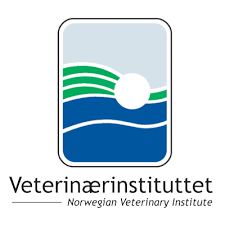 |
The Norwegian Veterinary Institute (NVI) is a biomedical research institute and the national leading center of expertise in biosecurity for both fish and land animals. The institute aspires to be Norway’s central hub for preparedness within the One Health framework.
Established in Oslo in 1891 as Scandinavia’s first diagnostic laboratory for animal diseases, the Veterinary Institute initially focused on combating tuberculosis and brucellosis. In the 1990s, it expanded its operations by establishing regional units in Bergen, Harstad, Sandnes, Trondheim, and Tromsø. Over time, its responsibilities grew to include the prevention of outbreaks of other diseases, as well as the production of sera and vaccines. Today, its activities cover the entire chain—from plants and animal feed to fish, animals, and food for human consumption.
The institute’s most important role is contingency planning and competence development aimed at preventing threats to the health of fish, animals, and humans. Its core activities now include diagnostics, research, innovation, monitoring, risk assessment, consulting, and communication. In addition, the Veterinary Institute serves as both a national and international reference laboratory and participates in a wide range of global collaborative initiatives. It is also a key contributor to the development of Norway’s bioeconomy across both aquatic and terrestrial environments.
|
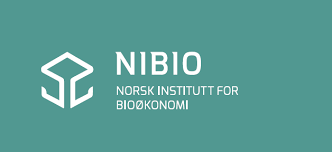 |
The Norwegian Institute of Bioeconomy Research (NIBIO) contributes to food security and safety, sustainable resource management, innovation, and value creation through research and knowledge production in food, forestry, and other bio-based industries.
NIBIO provides research, management support, and knowledge to strengthen national preparedness, while also serving businesses and society at large. With approximately 700 employees across the country, the institute plays a central role in advancing Norway’s bioeconomy. NIBIO operates under the Ministry of Agriculture and Food as an administrative agency with special authorization and a supervisory board.
|
